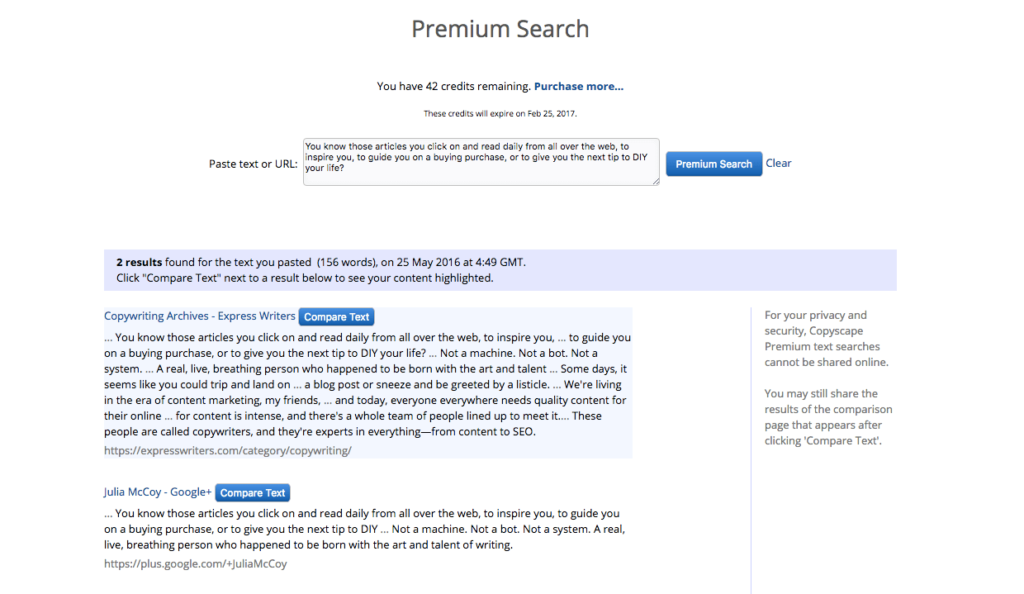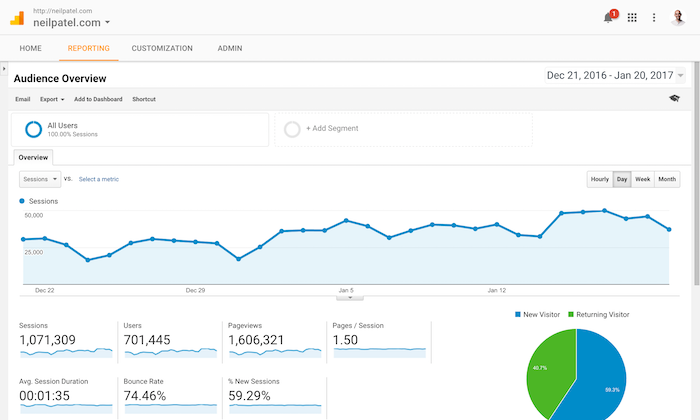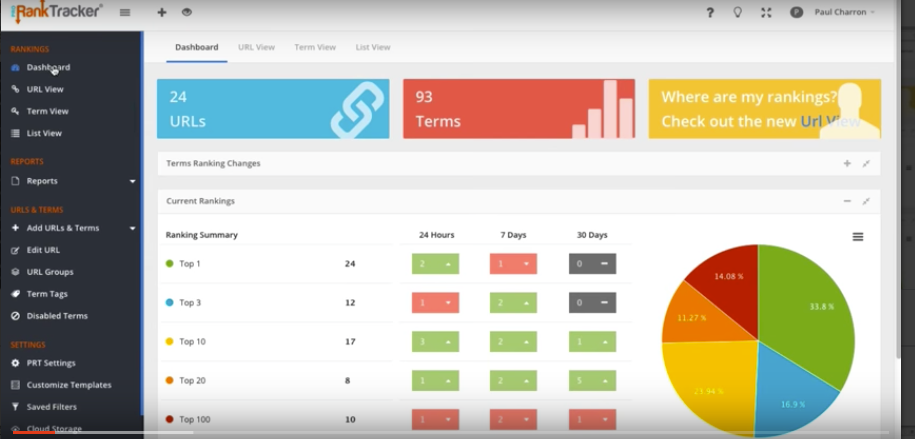
Search Engine Optimization is an important marketing technique for all forms of businesses, both digital and traditional. This is especially true now due to the rise of digital marketing and an increase in the digital audience as well.
In fact, according to Statista, about 48.9% of the world’s population uses the internet. And in addition, about 1.2 trillion searches are performed every year on Google. This makes search engines one of the best ways to drive traffic to your websites.
With changes in Google’s algorithms, such as the introduction of RankBrain, you need to be at the top of your game. If you’re still sticking to the old methods, it is time to review your SEO strategy. You need to change with time and improvise to get and stay ahead of your competitors. Here are some SEO mistakes that you need to avoid.
1. Keyword Stuffing
Google designs their algorithms keeping the readers in mind. They don’t like content which overuses keywords and is low in quality. While using keywords in your website content is of great importance, you must use them judiciously.

When keywords are overused in your content, it creates a bad experience for the readers. Additionally, it means that you’re trying to exploit Google’s algorithm. For this, Google can penalize your website, after which you may not appear in search results at all.
2. Plagiarized Content
The last thing you want to do is to plagiarize content. Coming up with fresh and unique content can seem challenging. However, high-quality content is what makes you stand out from your competitors. It also provides value to your readers.
When this happens, Google sees your website as a place that is helpful for your audience. This can help you rank higher than other websites.
On the other hand, if you use plagiarized content, search engines can easily detect it. When they do, they can penalize your website and won’t rank your pages well in search results. The worst thing that can happen is that Google may even de-list your website from their search results.
To generate new content, you don’t necessarily need to come up with new ideas. You can present existing ideas in a different manner. This is considered unique as well. You need to personalize your tone and style of writing. Through this, your content will be seen as unique.
You can also use platforms like BuzzSumo to uncover trending topics in your niche or industry. This can help you get some great new ideas for creating content.
Use tools like Copyscape to check if any part of your content is plagiarized.

3. Ignoring User Experience
One of the considerations that Google takes into account when ranking websites is the user experience. Search engines tend to divert users to websites that give them a good experience. Because of this, overlooking your UI/UX can be detrimental.
You need to check how user-friendly your website is. Special attention needs to be paid to the layout of your website. You need to know how easy it will be for visitors to navigate through your website. The organization of your content, images, calls-to-action, etc., matters as well.
While your keywords and content may draw people to your website, the user experience is what keeps them hooked. If they see a poor layout or navigation, visitors may simply leave your website. This is why you must pay special attention to creating a good user experience.
4. Creating Content for Algorithms
You must always create content for people, not for search engine algorithms. Good SEO strategies always keep up with the latest changes in algorithms. However, your content shouldn’t be tailored according to that. Your content needs to woo visitors to your website and needs to be informative too.
You can, of course, use keywords, meta tags, and titles that are SEO friendly. However, overusing them often leads you to create bad content, which is looked down upon by search engines.
High-quality content attracts new visitors and even helps to retain returning visitors. When people keep coming back to your website, Google will start seeing it as an authority in the niche. This will help you improve your rankings on the Search Engine Ranking Pages (SERPs).
5. Buying Backlinks
Backlinks are important components of any SEO strategy. However, you must earn each backlink to make the most out of it. While you may get some backlinks without any effort, for the rest, you need to put in some effort.
You may need to reach out to other high authority websites in your niche for guest posting opportunities. However, buying backlinks from flagged websites is one mistake that you must avoid. Google doesn’t like websites that take shortcuts such as this to quickly start ranking higher. And they may penalize your website for doing so.
6. Not Paying Attention to Local SEO
Google provides a component for local SEO called Google My Business (GMB). On your GMB page, you can provide information about your business. This is instrumental in getting you local traffic as Google shows businesses closest to the user first.
So, whenever someone near you searches for your product or service, due to the location, you’ll rank higher. However, if you have not provided this information, it will overlook your website and showcase others first.
With such a feature, you can take advantage of your local marketing. If you haven’t used it, make sure that you don’t miss out on this in your SEO strategy.
7. Disregarding Analytics
Analytics give you an idea of how well your SEO strategy is working. If you don’t assess your performance, you will not know what is working and what is not. This is why analytics are considered an important part of any SEO strategy. They can help you optimize your strategy and can even help you save money.
Tools such as Google Analytics offer an in-depth analysis of your website’s performance based on different metrics. These include visitor count, bounce rate, click-through rate, nature of visitors, and even conversion rates.

You must also keep track of the search rankings of your pages. To do this, you can use tools such as Pro Rank Tracker. It gives up-to-date SERP information along with keyword suggestions so you can stay ahead in the game.

Through this information, you can figure out potential issues and fix them. You can even get an idea of what’s working and further improve your rankings using that information.
8. Missing Out on SEO Trends
SEO keeps changing with time and new trends are emerging often. If you ignore the latest trends, will not be able to keep up with your competitors who do notice them.
Missing out on trends hurts your website’s SEO as well. For instance, RankBrain and voice search weren’t around a few years back. However, today they are very important and must be taken into consideration.
Learn what the latest trends are and how to implement them and you’ll be able to work wonders for your website.
Final Thoughts
Just like other forms of digital marketing, search engine marketing also keeps changing with time. You must keep up with the latest trends and modify your SEO strategies accordingly.
However, some things like writing high-quality content and improving user experience will remain important. Ignoring these points may lead to your website being penalized by Google.
What other common SEO mistakes do website owners and marketers make? Let us know in the comments section below.

Author Bio:
Gaurav Sharma is the Founder of Attrock, a digital marketing company. He works closely with top marketing influencers and has helped numerous brands, ecommerce firms, and SaaS companies grow.
He is also a certified Google Analytics and Google Adwords specialist and regularly contributes to reputable publications like HuffPost, TechCrunch, and many more.